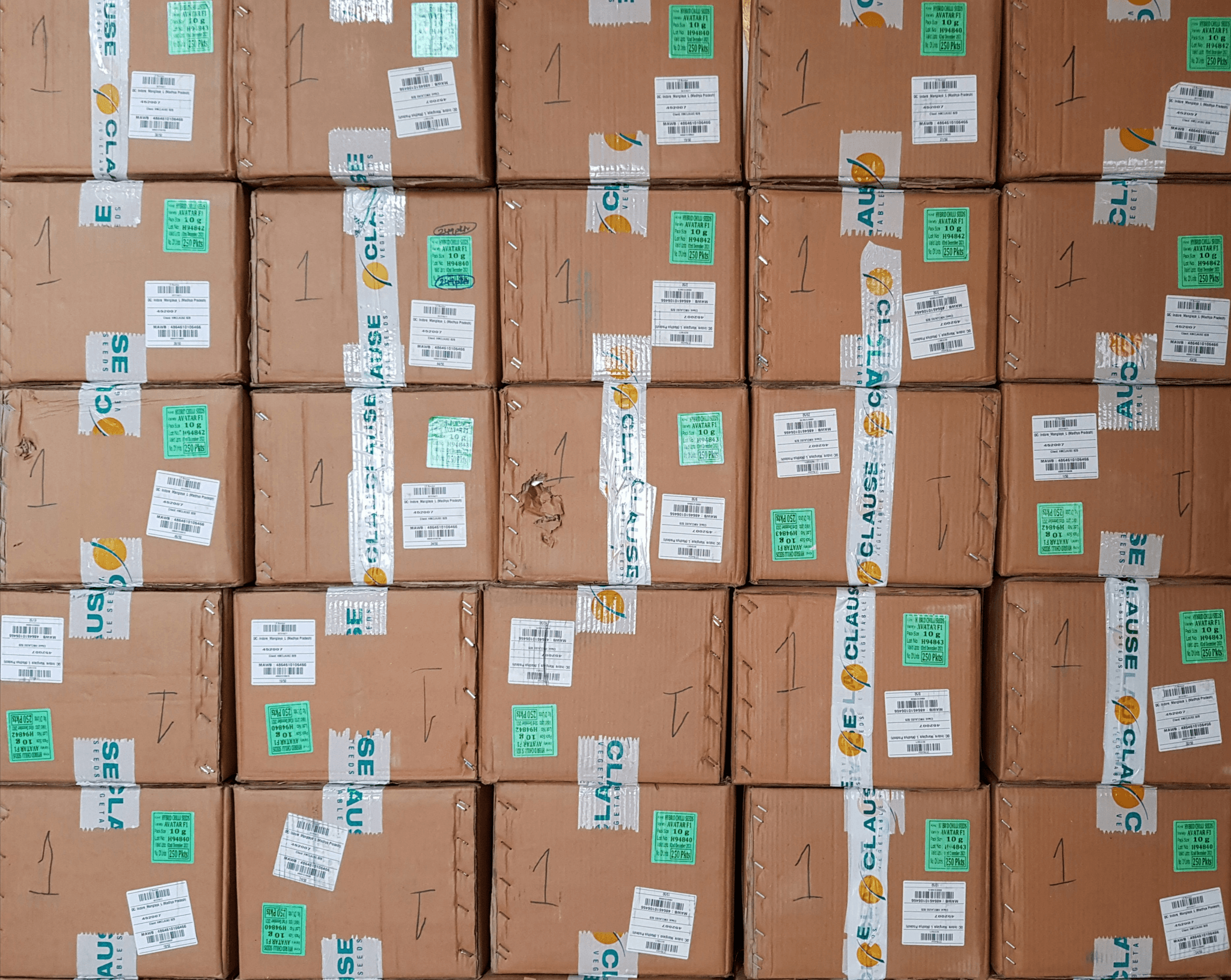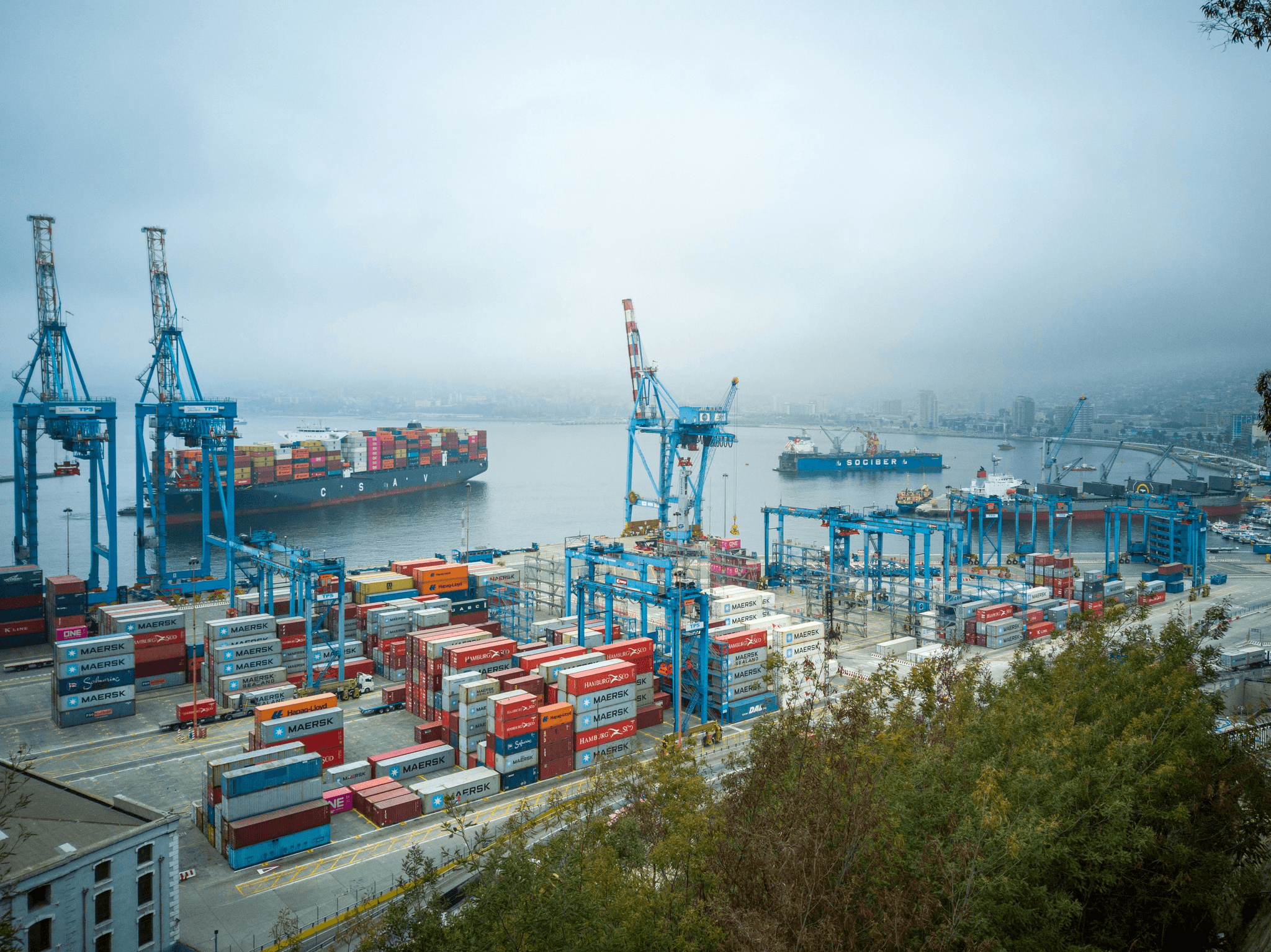Introduction
Importing goods from China can be a lucrative business endeavor, but understanding the landed cost calculation is crucial for ensuring profitability. Factors such as tariffs, shipping costs, and currency exchange rates can significantly impact import expenses. By mastering the key components of landed cost calculation, businesses like SSOURCING INC. can optimize their import processes and maximize their bottom line.
Understanding Landed Cost Calculation
When importing goods from China, it's essential to know how to calculate landed cost accurately. This involves considering not only the purchase price of the products but also additional expenses such as customs duties, taxes, and transportation costs. By understanding these elements, SSOURCING INC. can make informed decisions about pricing and budgeting for imported goods.
Factors Affecting Import Cost
Several factors can affect the overall cost of importing goods from China. Tariffs and duties imposed by customs authorities can significantly impact the final landed cost of products. Additionally, trade agreements between countries may influence import costs by reducing or eliminating certain duties. SSOURCING INC. needs to stay informed about these factors to effectively manage their import expenses.
Key Components of Landed Cost Calculation
The key components of landed cost calculation include not only the direct expenses related to purchasing products but also indirect costs such as shipping and handling fees, insurance, and overhead expenses like storage and inspection services. By carefully considering these components when calculating landed costs, SSOURCING INC. can ensure that its pricing strategies are competitive while maintaining profitability.
Researching Tariffs and Duties

When importing goods from China, it's crucial to understand how to calculate landed cost accurately. Consulting with a customs expert is essential to ensure compliance with regulations and to minimize unexpected expenses. SSOURCING INC. can benefit from the expertise of professionals who can provide valuable insights into tariff classifications and duty rates.
Consultation with a Customs Expert
Seeking guidance from a customs expert is vital in navigating the complexities of importing from China. These professionals can offer advice on determining the most suitable valuation method for calculating landed costs, whether it's using transaction value or the deductive method. By leveraging their expertise, SSOURCING INC. can ensure that their import costs are accurately calculated, allowing for better financial planning and decision-making.
Utilizing Harmonized System Codes
Utilizing Harmonized System (HS) codes is crucial in determining applicable tariffs and duties when importing goods from China. These codes provide a standardized system for classifying products, enabling SSOURCING INC. to accurately identify the specific duties and taxes associated with each item being imported. By diligently applying the correct HS codes, the company can avoid potential penalties and delays at customs, ultimately contributing to smoother import processes.
Impact of Trade Agreements
Understanding the impact of trade agreements on import costs is essential for optimizing landed cost calculations when importing from China. By staying informed about preferential trade agreements and free trade zones, SSOURCING INC. can take advantage of reduced or eliminated tariffs on certain goods, leading to significant cost savings. It's imperative to stay abreast of evolving trade agreements to capitalize on favorable terms and maximize profitability.
Evaluating Shipping and Handling Costs

When importing goods from China, it's crucial to carefully evaluate shipping and handling costs to ensure accurate landed cost calculation. Negotiating freight rates with Maersk Line can significantly impact your bottom line, so it's important to leverage your relationship with them as a valued customer of SSOURCING INC. Working closely with DHL for efficient delivery is also essential, as their expertise in international shipping can help streamline the process and minimize delays. Managing port handling charges is another key aspect to consider, as these fees can add up quickly and impact your overall landed cost.
Negotiating Freight Rates with Maersk Line
As a savvy importer with SSOURCING INC., it's important to proactively negotiate freight rates with Maersk Line to secure favorable terms for our shipments from China. By leveraging our volume of imports and building a strong partnership with Maersk Line, we can potentially secure more competitive rates that will ultimately contribute to lowering our landed cost. This strategic approach aligns with our commitment to optimizing import processes and ensuring profitability.
Working with DHL for Efficient Delivery
Partnering with DHL for the efficient delivery of our imported goods from China is crucial for maintaining a smooth supply chain operation at SSOURCING INC. Their expertise in international shipping and logistics allows us to benefit from reliable and timely deliveries, which ultimately contributes to minimizing any potential disruptions or delays in the import process. By working closely with DHL, we can ensure that our products reach their destination efficiently while keeping shipping costs in check.
Managing Port Handling Charges
Effectively managing port handling charges is essential when calculating the landed cost of imported goods from China for SSOURCING INC. These charges can vary significantly depending on the port of entry and the nature of the cargo being imported, so it's important to carefully analyze these costs as part of the overall import process. By strategically managing port handling charges, we can avoid unnecessary expenses and optimize our landed cost calculation.
Accounting for Product Cost and Currency Exchange

Analyzing Cost of Goods Sold from Alibaba.com
When considering how to calculate landed cost when importing from China, it's crucial to start by analyzing the cost of goods sold from reliable suppliers like Alibaba.com. SSOURCING INC. can benefit from comparing prices, quality, and shipping terms to make informed decisions about product sourcing. This step ensures that the initial product cost is accurately accounted for in the landed cost calculation.
Consideration of Renminbi to Dollar Exchange Rate
Another important factor in calculating landed costs when importing from China is the consideration of the Renminbi to Dollar exchange rate. SSOURCING INC. must stay updated on currency fluctuations to accurately predict and budget for potential changes in product costs due to exchange rate variations. This proactive approach helps mitigate financial risks associated with international trade.
Budgeting for Product Inspection Services
To ensure product quality and compliance with regulations, SSOURCING INC. should allocate a budget for professional product inspection services as part of its landed cost calculation strategy when importing from China. By partnering with reputable inspection agencies, they can minimize the risk of receiving substandard or non-compliant goods, ultimately safeguarding their bottom line.
Budgeting for Overhead Expenses

When importing from China, it's crucial to factor in warehouse storage fees to your landed cost calculation. SSourcing Inc. recommends negotiating with your logistics provider for competitive rates and considering the duration of storage needed to avoid unexpected costs. It's also wise to explore options for shared or temporary storage solutions to minimize expenses.
Accounting for Warehouse Storage Fees
To calculate landed cost when importing from China, it's essential to understand the impact of warehouse storage fees on your overall expenses. SSourcing Inc. advises conducting thorough research on different storage facilities and their pricing structures, taking into account factors such as location, security, and accessibility. By accurately accounting for these costs, you can ensure that your landed cost calculation is comprehensive and accurate.
Considering Insurance Costs with Aetna
As part of the overhead expenses, insurance costs play a significant role in the landed cost calculation when importing from China. SSourcing Inc. suggests working closely with reputable insurance providers like Aetna to secure comprehensive coverage that protects your goods during transit and while in storage. By carefully considering insurance costs, you can safeguard your investment and mitigate potential financial risks.
Planning for Unexpected Miscellaneous Fees
In addition to known expenses, it's crucial to plan for unexpected miscellaneous fees that may arise when importing from China. SSourcing Inc. recommends setting aside a contingency fund within your budget to account for unforeseen charges such as customs inspections, documentation errors, or unforeseen delays in transit or at ports of entry. This proactive approach ensures that you have the flexibility to address any unexpected costs without impacting your bottom line.
Conclusion

In conclusion, SSourcing Inc. can benefit greatly from implementing effective landed cost calculation strategies when importing from China. By carefully considering factors such as tariffs, shipping costs, product expenses, and overhead fees, the company can ensure accurate and profitable import processes.
Implementing Effective Landed Cost Calculation Strategies
SSourcing Inc. should prioritize understanding how to calculate landed cost when importing from China by consulting with customs experts and utilizing harmonized system codes to accurately assess duties and taxes. By incorporating these strategies into their import processes, the company can make informed financial decisions and avoid unexpected costs.
Optimizing Import Processes with Landed Cost Calculations
By negotiating freight rates with shipping companies like Maersk Line and working with efficient delivery services such as DHL, SSourcing Inc. can streamline its import processes and reduce shipping and handling costs. This optimization will contribute to overall cost savings and improved efficiency in product delivery.
Ensuring Profitability with Accurate Landed Cost Calculation
SSourcing Inc. must prioritize profitability by accounting for product costs, currency exchange rates, overhead expenses, and miscellaneous fees when calculating landed costs for imports from China. By carefully planning for these financial aspects, the company can ensure that its import operations remain profitable in the long run.
This comprehensive approach to landed cost calculation will enable SSourcing Inc. to optimize its import processes while ensuring profitability in its international trade endeavors. By implementing these strategies effectively, the company can navigate the complexities of importing from China with confidence and success.

